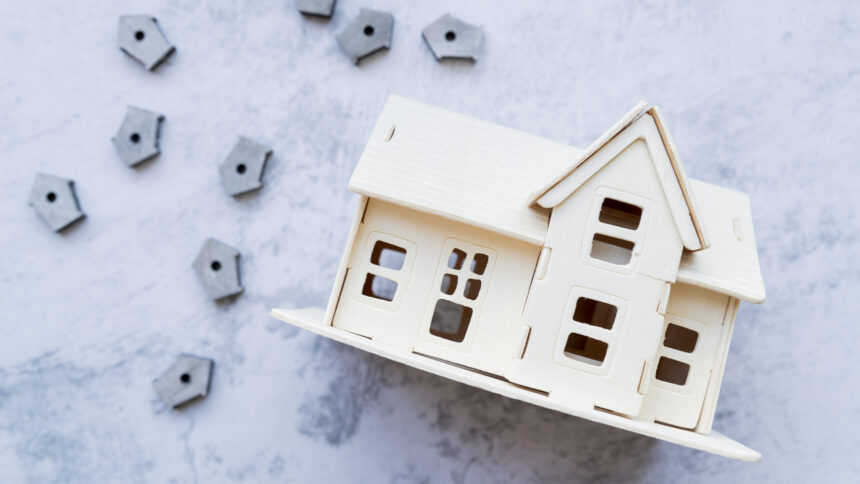When it comes to protecting your home and loved ones, investing in home security upgrades is a wise decision. Enhancing the security features of your property can not only provide you with peace of mind but may also lead to potential savings on your home insurance premiums. However, it’s important to navigate the process of managing your home insurance during these upgrades effectively. Here are some helpful tips to keep in mind:
- Assess your current home insurance policy: Start by reviewing your existing home insurance policy to understand the coverage it provides for security upgrades. Some policies may offer discounts or incentives for installing specific security measures, while others may require prior approval or additional documentation. Familiarize yourself with the policy terms and any requirements related to home security improvements.
- Inform your insurance provider: Notify your insurance provider about your intention to upgrade your home security system. Provide them with detailed information about the specific upgrades you plan to make, including the types of security devices or systems you will be installing. This will ensure that you have open communication with your provider and allow them to guide you through any necessary steps.
- Understand security system requirements: Different insurance providers may have specific requirements or recommendations when it comes to home security systems. These requirements can vary based on factors such as the type of security devices, their certification or rating, and the monitoring service used. Understand the specific requirements set by your insurance provider to ensure that your upgrades meet their standards and potentially qualify for any discounts.
- Document the upgrades: Keep detailed documentation of the home security upgrades you make. This includes invoices, receipts, and any certificates of installation or warranties provided by the security system provider. Having proper documentation will be crucial when discussing the upgrades with your insurance provider and may be required for potential discounts or claims in the future.
- Inquire about discounts or premium reductions: Ask your insurance provider about any available discounts or premium reductions for implementing security upgrades. Many insurance companies offer discounts for installing burglar alarms, deadbolts, security cameras, or monitored security systems. These discounts can help offset the cost of the upgrades and result in long-term savings on your premiums.
- Consider professional monitoring services: Opting for professional monitoring services can provide an added layer of security and peace of mind. Many insurance companies appreciate the additional protection provided by professionally monitored systems and may offer discounts or premium reductions as a result. Inquire about the potential impact on your insurance premiums when deciding on a monitoring service.
- Regularly update your insurance provider: Once the security upgrades are in place, it’s important to keep your insurance provider informed. Notify them of any changes or additions to your home security system, such as upgrades or expansions. By maintaining open communication, you can ensure that your policy accurately reflects the security measures in place and potentially take advantage of any additional discounts or coverage adjustments.
- Review and reassess your policy: After completing the security upgrades, take the time to review your home insurance policy in its entirety. Ensure that your coverage adequately reflects the value of your home, its contents, and the enhanced security measures. If necessary, consider updating your policy to account for any changes or additions resulting from the security upgrades.
By following these tips, you can effectively manage your home insurance during home security upgrades. By implementing these measures, you can enhance the safety and security of your home while potentially enjoying the benefits of reduced insurance premiums. Remember to consult with your insurance provider throughout the process to ensure that your upgrades meet their requirements and maximize your coverage.










